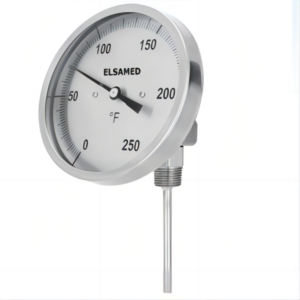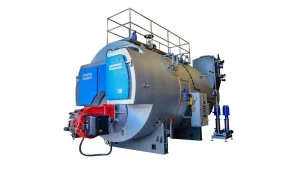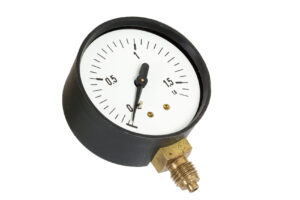In the automotive industry, pressure gauges are vital for ensuring the safety, performance, and reliability of vehicles. These gauges are used in various applications, including engine testing, tire pressure monitoring, and hydraulic systems. The automotive industry demands pressure gauges that are not only precise but also durable enough to withstand the harsh conditions often encountered in vehicle testing and operation.
One of the key applications of pressure gauges in the automotive sector is in engine testing. During the development of new engines, pressure gauges are used to monitor the pressure in different components, such as fuel lines, oil systems, and cooling systems. Accurate pressure measurements are crucial for optimizing engine performance and identifying potential issues before the engine is put into production. In addition, pressure gauges are used in tire pressure monitoring systems (TPMS) to ensure that tires are inflated to the correct pressure, which is essential for vehicle safety and fuel efficiency.
To meet the specific needs of the automotive industry, pressure gauges are often designed to be highly durable and resistant to vibrations, shocks, and temperature fluctuations. They are also equipped with features like rugged casings and reinforced diaphragms to ensure accurate readings even under challenging conditions. Some advanced pressure gauges used in the automotive sector come with digital interfaces and data logging capabilities, allowing engineers to track pressure changes over time and make informed decisions during the vehicle development process.
In summary, pressure gauges in the automotive industry are key tools that contribute to vehicle safety and performance. Their precision, durability, and adaptability to harsh conditions make them indispensable in various automotive applications.



